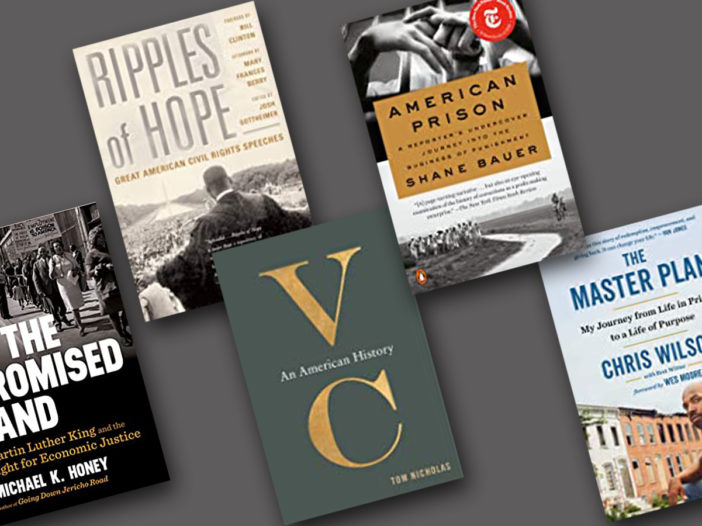
The senseless killing of George Floyd in Minneapolis last month is yet another infuriating injustice, all too familiar for people of color. This time, at least for now, it has galvanized people throughout the country to reengage in conversations about racial equality, nonviolence, collective activism, and economic justice.
That so many corporations, venture funds, and institutional investors are issuing inclusive statements, creating diversity initiatives, and encouraging thoughtful dialogue, is positive and encouraging. Ultimately, for all of us, actions will speak louder than “likes” on social media, but words and intentions do matter and to that end, I’m recommending a more focused reading and listening framework for entrepreneurs, CEOs and members of the innovation community so that we can amplify them. Black economic lives matter — and we are all better off when we work together with a shared historical understanding and a common forward purpose.
Let’s start with a book I’ve recommended previously, Michael Honey’s recent book: To the Promised Land: Martin Luther King and the Fight for Economic Justice, which chronicles MLK’s speeches, comments, and strategies around bringing greater opportunity to millions of people he saw “at the bottom of the economic ladder.” MLK certainly wanted to change hearts and minds, but he also understood that business drives change, growth and progress. Honey observes that MLK didn’t advocate that everyone should receive the same pay, but more that everyone should have the same chance to create a better life through access to education, healthcare, and jobs. When I revisited another prior recommendation from my own library, Ripples of Hope: Great American Civil Rights Speeches, a thoughtful compilation of history and rhetoric by Josh Gottheimer, I noted how often speakers connected economic opportunity to a just society.
We should too — and that requires a greater awareness and openness to supporting entrepreneurs of color. For example, VC: An American History, the new book by Harvard Business School Professor Tom Nicholas, outlines the riveting history and birth of venture capital in the U.S., starting with the financing of whaling voyages and “winning ship captains” and moving to the collective investment by captains of industry in government supported partnership structures, many now centered in Silicon Valley. This is a bold and rich history, but people of color will not find themselves in it — even today. According to recent data from Axios, black men represent a mere 2% of leadership positions at VC firms, and black women less than 1%. Moreover, historically black college and university endowments are rarely limited partners in VC funds. No wonder a mere 1% of VC-backed founders between 2013 and 2018 were black.
This is an area where actions need to speak louder than words. Softbank’s just-announced $100 million Opportunity Growth Fund that will invest solely in companies founded by people of color is a long-needed step in the right direction.
We also need to take an honest and urgent look at mass incarceration and systemic injustice. For an overview, I’d recommend Shane Bauer’s recent book American Prison, a riveting, inside account of America’s for-profit prison industry, and the law, policies and policing practices that fuel it. In addition to reconsidering who really should go to prison, we need new policies to support those people, disproportionately Black and Brown, who survive it. You should read Chris Wilson’s engaging new book The Master Plan: My Journey from Life in Prison to a Life of Purpose, recent winner of the UK’s 2020 International Business Book Award. Wilson was sentenced to life in prison as a teenager and through diligence, education, and the sheer force of character and will, later won release and created a Baltimore-based multi-service social enterprise, specializing in residential and commercial contracting work.
We need more of this. How we treat those who have made mistakes and paid for them defines us as a society. For far too long, a criminal conviction has meant inmate exploitation and post-prison poverty. We need to eliminate myriad post-prison restrictions on jobs, benefits and housing facing returning citizens. I’m excited about programs aimed at these vulnerable entrepreneurs, such as Defy Ventures, Project Entrepreneur at BC Law School, and the Pivot Program at Georgetown. We can and should do more at the federal and state level to support these efforts. These programs also need outside mentors and advisors — and that should be you.




